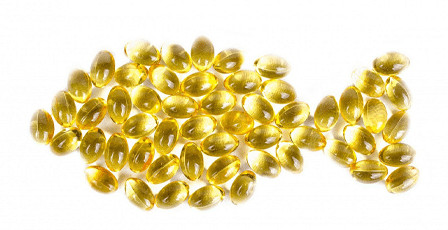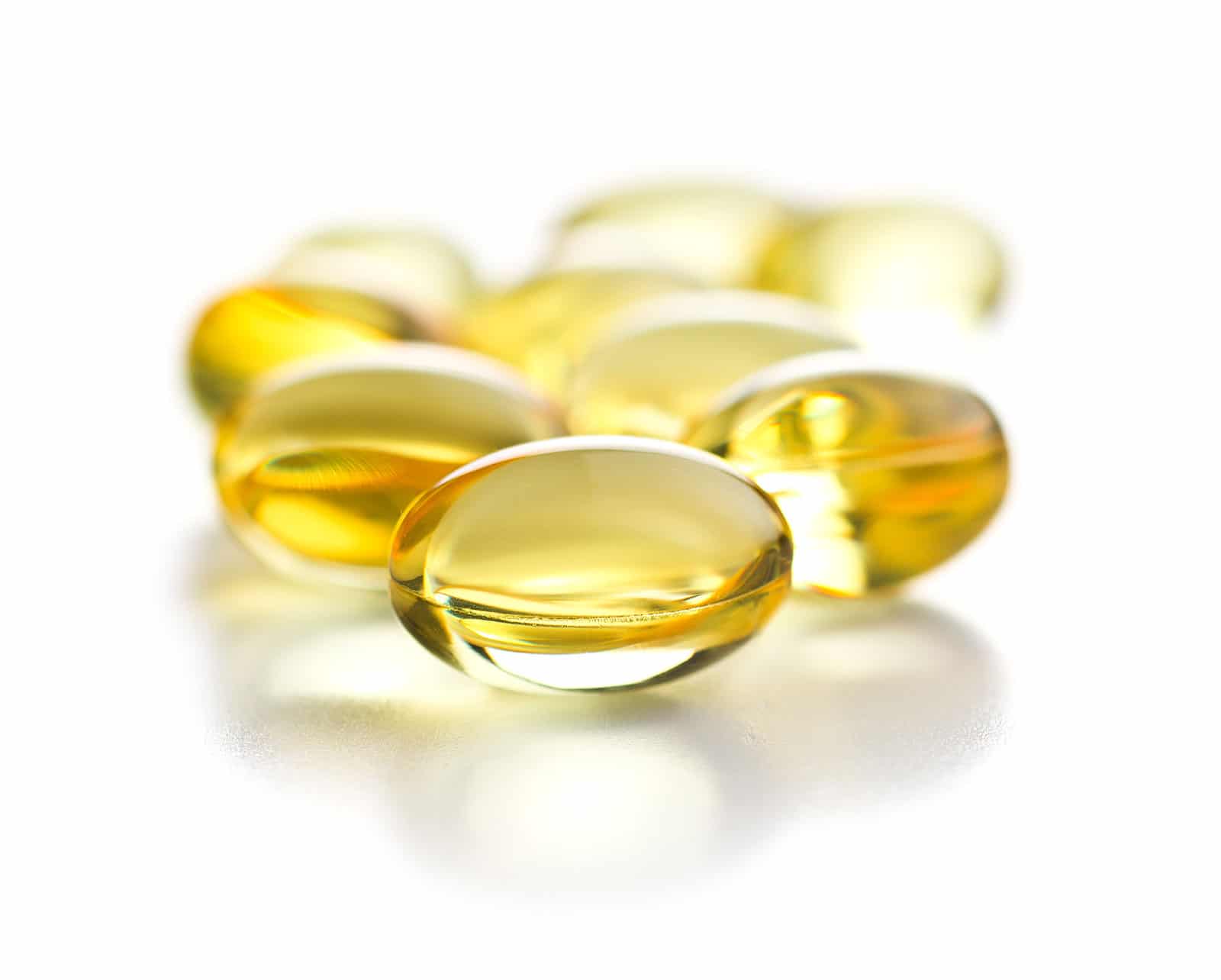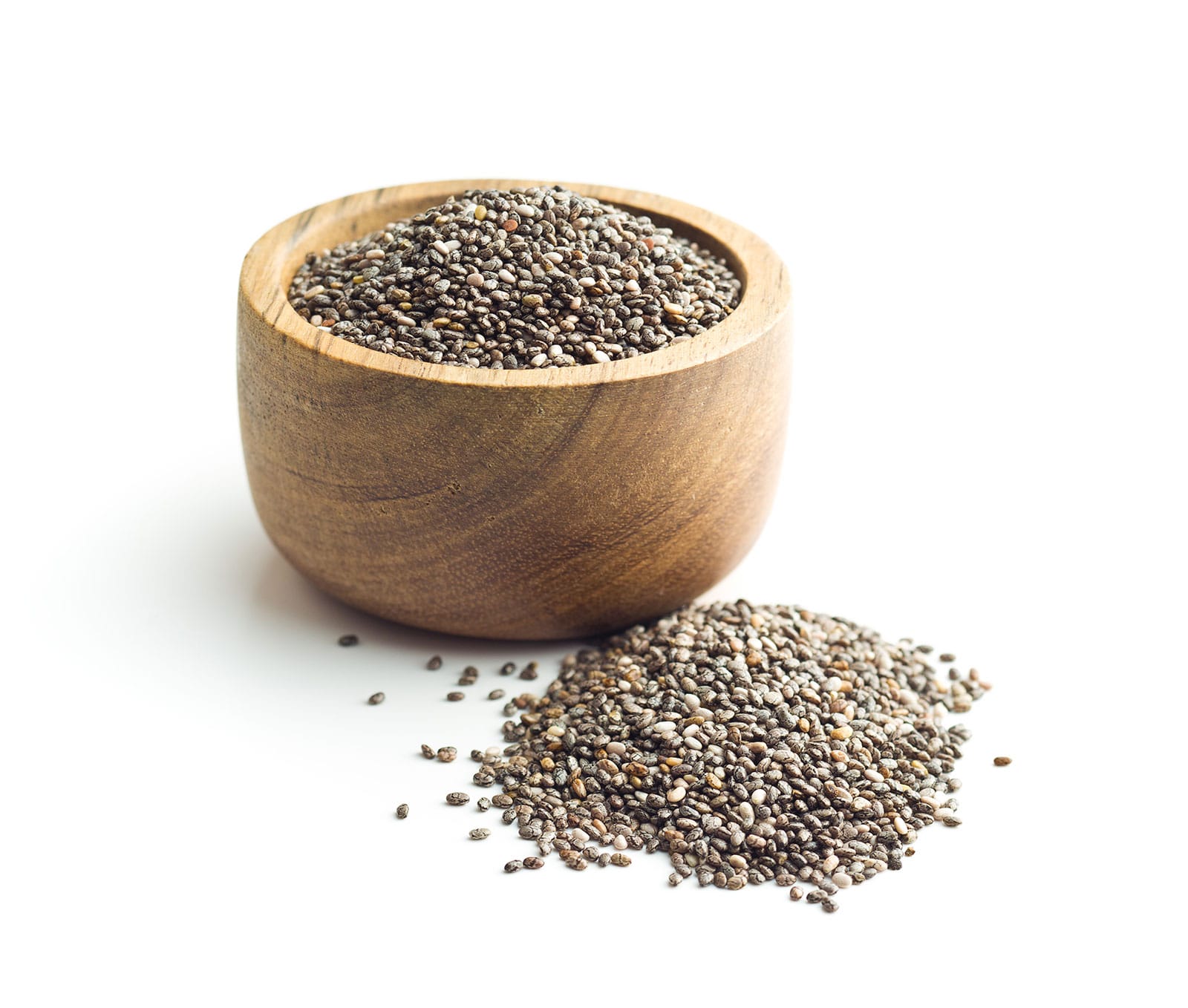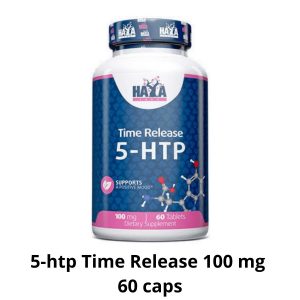
Does Omega 3 Help Build Muscle?
 Does Omega 3 Help Build Muscle?
Does Omega 3 Help Build Muscle?
Omega-3 is a highly important supplement used not only by athletes but also by people who are not professional athletes. These are unsaturated fatty acids, which are essential for the proper functioning of the whole body. Naturally, they can be found in natural food, but it can be difficult to consume the appropriate dose. You can find them mostly in oily fish, linseed oil, or chia seeds. They are extremely valuable for active people – these people require more. Do omega-3 fatty acids help build muscle?
Omega-3 acids – why use them?
Omega-3, that is, polyunsaturated fatty acids are most often delivered to the organism with food, but their amount is not sufficient. This is due to the fact that a very small part of the population consumes large amounts of oily fish, for example. Not many people enjoy the taste of salmon or mackerel, and some have problems with access to high-quality fish. These acids can also be supplied to the body with walnuts or linseed. Apart from omega acids, they contain a lot of valuable nutrients.
The use of omega-3 acids is extremely important. They have a positive effect on lowering blood pressure, improve cognitive functions and reduce the risk of depression, but also regulate cholesterol levels. Specialists explain that their use allows improving the functioning of the circulatory system, including the heart, but also facilitates the control of body weight, that is, getting rid of unnecessary fat tissue.
Why should athletes use omega-3 acids?
As they stimulate the protein synthesis process
The omega-3 acids allow to stimulate the process of protein synthesis, which plays an important role in muscle development. In order to achieve maximum effects, they should be used in combination with protein or amino acids. Furthermore, it is worth noting that they allow to the enlargement of the cross-sectional area of selected muscle parts.
As they have a positive effect on the immune system
Athletes must take care of their form, but also their health. Even the mildest illnesses require them to stop training. Return to shape may not be so easy once you have recovered longer. Then omega-3 fatty acids come to help, which strengthen and protect the immune system, but also have a positive effect on the performance. This effect is due to the fact that they support white blood cells in the structure of the main cells of the immune system.
 As they increase the sensitivity of tissues to insulin
As they increase the sensitivity of tissues to insulin
Obesity and a large amount of fat make it difficult for the body to control blood sugar levels. These factors also negatively affect insulin sensitivity in muscles and adipose tissue. Reduced sensitivity makes it difficult to reduce body weight. The studies have shown that the use of omega-3 acids, namely EPA and DHA, allows to increases the sensitivity to insulin and thus to lose body fat much easier. It is worth adding that omega-3 also reduces the level of cortisol, which – when it is too high – causes the burning of muscle tissue and accumulation of adipose tissue.
As they have a positive effect on inflammation
Omega-3 fatty acids also have a positive effect on the presence of inflammation in the body. They are responsible for reducing the gene expression of inflammatory processes. By taking them, it is possible to eliminate the negative effects of excessive activity, such as joint, ligament or overtraining strains. An appropriate dose also eliminates the problem of acute inflammatory reaction to intense physical effort.
As they slow down catabolic processes
Omega-3 are acids that effectively reduce protein degradation. EPA acids play a special role, which stimulates protein synthesis and inhibits catabolic processes, leading to muscle growth.
As they facilitate the absorption of nutrients
Providing nutrients to the body alone is not enough. It is crucial to ensure that they are properly absorbed. This aspect, in particular, should be noted by people who work out. By using omega-3 acids you can improve the structure of cell membranes, and consequently the quality of nutrient absorption. This is due to the fact that they become more permeable and, as a result, microelements and vitamins reach the cells more easily.
 As they improve the concentration of triglycerides
As they improve the concentration of triglycerides
Another important advantage of omega-3 acids is the positive effect on triglyceride levels. They allow to keep it at a low level, which is particularly important in the process of weight loss. Not only does it reduce the appetite and feeling of satiety, but above all, it enhances metabolism and speeds up fat burning.
They are also very important for people struggling with cardiovascular diseases. They also reduce the level of LDL, that is, the bad cholesterol. As a consequence, they prevent the development of coronary or ischemic heart disease.
As they activate the functioning of the brain
Performing strength workouts as a basis for muscle building requires an appropriate nerve-muscle connection on the brain-muscle line. The better the quality and speed of the signal flow, the better the workout results and better muscle mass gain. Omega-3 acids ensure proper blood supply to the brain and consequently streamline the transmission of nerve signals.
As they release growth hormone
 Interestingly enough, the growth hormone, which is mainly produced at night, is of great importance for increasing muscle mass. The higher its level, the better – it is especially needed by bodybuilders. Thanks to omega-3 acids, prostaglandin E1 is formed and the rate of release of growth hormone is increased. In combination with the intake of the right amount of protein, this supplement can support the growth of muscle mass.
Interestingly enough, the growth hormone, which is mainly produced at night, is of great importance for increasing muscle mass. The higher its level, the better – it is especially needed by bodybuilders. Thanks to omega-3 acids, prostaglandin E1 is formed and the rate of release of growth hormone is increased. In combination with the intake of the right amount of protein, this supplement can support the growth of muscle mass.
As you can see, omega-3 fatty acids have many important functions in the body. Their acceptance is important not only for athletes but also for all people who care about maintaining health and proper condition. The body supplemented with the right amount of omega acids functions better – the nervous system works properly, and this enables the proper regeneration and care for the proper shape of the body.




